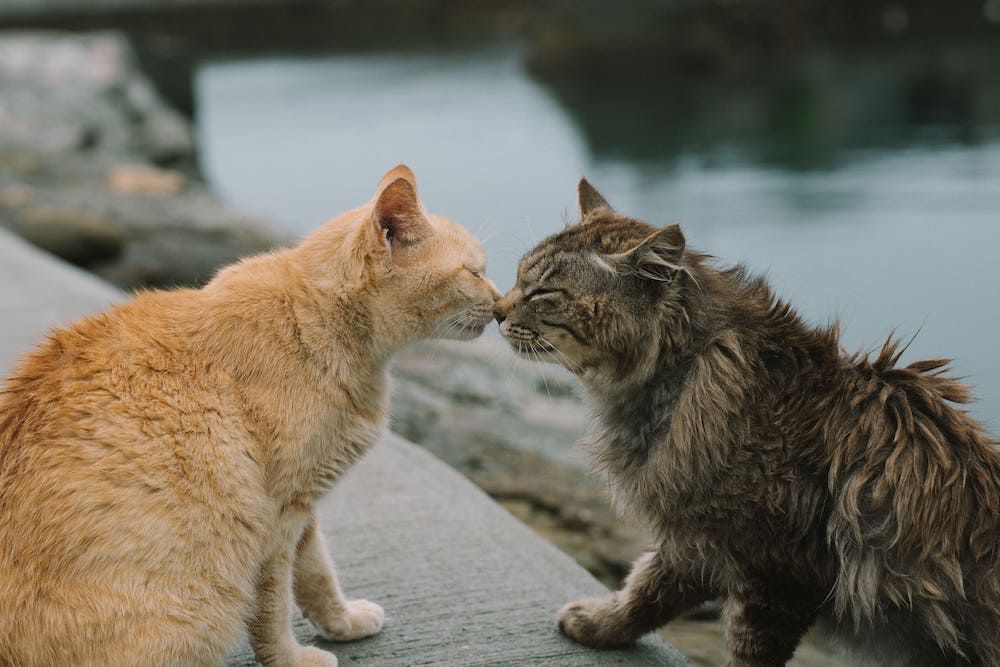Understanding the Choices: Holistic Veterinarians vs. Conventional Veterinarians
Veterinarians play a crucial role in ensuring the health and well-being of our beloved pets. While conventional veterinary practices have been the norm, an alternative approach known as holistic veterinary medicine has gained popularity. As a responsible pet owner, it's essential to comprehend the differences between these two approaches before making decisions about your pet's healthcare.
Conventional Veterinary Medicine:
Conventional veterinarians primarily adhere to Western, allopathic, mainstream, and evidence-based medicine. They rely on proven treatments such as pharmaceuticals, surgery, and radiation. Vaccinations, antibiotics, steroids, painkillers, and surgery are commonly recommended to address various health issues in pets. Conventional medicine is often the go-to choice for immediate and science-backed medical attention.
Holistic Veterinary Medicine:
In contrast, holistic veterinarians embrace a broader spectrum of treatment options. These may include acupuncture, aromatherapy, chiropractic practices, and homeopathy. While holistic veterinarians undergo similar training as their conventional counterparts, they explore alternative modalities that may not be considered mainstream. Holistic approaches often emphasize multi-modal, whole-body treatments and may avoid drugs and surgery. The integration of holistic techniques into conventional medicine is blurring the lines between the two approaches.
Holistic Veterinary Treatment Options:
Holistic veterinarians may incorporate a variety of alternative treatments into their practice. Some of these include:
Acupuncture
Aromatherapy
Chiropractic care
Herbal medicine
Supplements/nutraceuticals
Homeopathy
Class IV laser therapy
Orthomolecular medicine
Nutritional therapy with diets
Osteopathy
Stem cell therapy
Rehabilitation
Sports medicine
Massage
It's important to note that holistic treatments are not intended to replace traditional medicine. Conventional methods like medications, vaccinations, and surgery may still be necessary for effective pet care. Holistic treatments, while gaining acceptance, should be considered as complementary to conventional approaches.
Choosing the Right Veterinarian for Your Pet:
The line between holistic and conventional veterinarians is becoming less distinct as conventional medicine incorporates holistic techniques. Many veterinarians now adopt multi-modal treatment plans that include both conventional and holistic options. If your current veterinarian doesn't practice holistic medicine, consulting with a holistic veterinarian for complementary treatments might be an option. It's crucial to recognize that each pet and situation is unique, and the most effective approach may involve a combination of both conventional and holistic therapies.
Potential Dangers of Holistic Treatment:
While holistic treatments offer promising alternatives, pet owners must be cautious about completely disregarding evidence-based options. Ignoring proven practices, such as vaccinations, can pose serious risks to pets and their owners. For instance, rabies vaccinations are crucial, considering the fatal consequences of the disease for both pets and humans. Holistic treatments should complement, not replace, evidence-based therapies, ensuring that pets receive the best possible care.
In conclusion, making informed decisions about your pet's healthcare involves understanding the nuances between holistic and conventional veterinary approaches. A balanced approach that combines the strengths of both may provide the optimal care your furry friend deserves.






